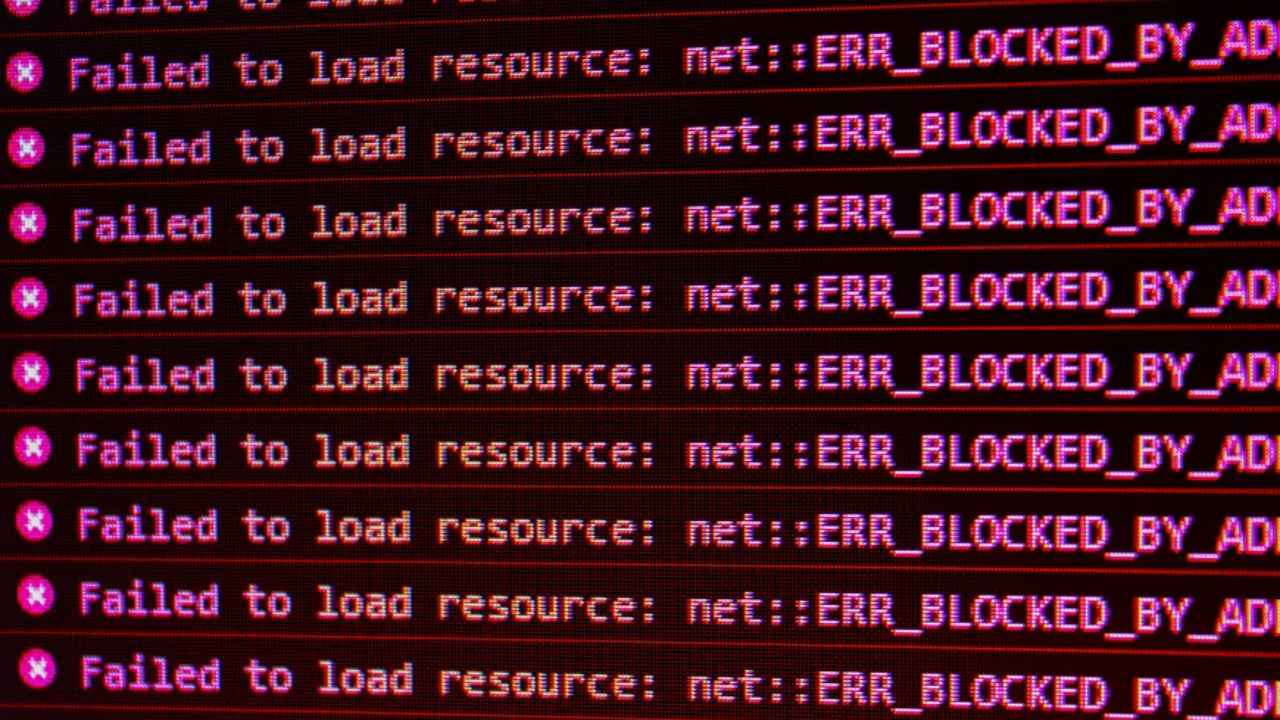Our researchers conducted a country-by-country comparison to see which nations impose the harshest Internet restrictions. This includes limits or bans on torrenting, pornography, social media, VPNs, messaging apps, and political media. A country receives one point if the content is restricted but accessible, and two points if it is banned. The higher the score, the more censorship.
Although the usual culprits take the top spots, a few free and democratic countries rank surprisingly high. The overall picture is sobering – restrictions on the Internet are broadening and deepening across the globe.
Some 18 democracies have banned or shut down torrenting – downloading files from other users’ devices. Although no European countries block or ban social media, five restrict it. These include Belarus, Spain, and Turkey.
A dozen European countries limit political media. Greece joined the list this year as did Hungary and Kosovo. Two other countries heavily censor political media – Belarus and Turkey. Turkey restricts the use of VPNs and Belarus bans them entirely. Greece increased controls against torrenting and upped restrictions on political media. Reporters Without Borders suggested a decrease in press freedom there during 2020. Public TV channels were ordered not to broadcast a video that showed the Prime Minister disregarding lockdown rules in February 2021. Coverage of the refugee crisis was hindered.
Another poor student is Australia. The Australian Broadcasting Service Act 1992 forbids watching internet porn, establishing it as a fineable offense. Australia’s Online Content Bill, which is expected to come into law soon, also threatens to further restrict access.
North America receives low grades, too. Canada, Mexico, and the United States have banned or shut down torrenting sites. Eight countries (Cuba, Venezuela El Salvador, Guatemala, Honduras, Mexico, Nicaragua, and Panama) restrict political media.
In Asia, most countries block online pornography (40 out of the 49 we covered – 82 percent) with 27 of these imposing full bans. Political media is also restricted and censored. Some 43 (88 percent) of the countries we covered have restrictions, with the majority (28 percent) subject to heavy censorship. A large number (32) restrict social media platforms. China, Iran, North Korea, and Turkmenistan go one step further and enforce full bans against popular social media platforms.
Messaging and Voice over Internet Protocol (VoIP) app restrictions are commonplace. In Asia, 13 countries are guilty. Russia banned Telegram in 2018, only to reinstate it in June 2020. But the Kremlin continues to look for ways to restrict websites and apps from outside the country.
Africa is equally guilty. Most of the African countries we covered (43 of 53–81 percent) restrict political media. 11 practice heavy censorship, led by Algeria, Cameroon, and Chad. Some 60 percent restrict social media restrictions and Egypt limits VPN use.
No map of online censorship would be complete without a discussion of China and North Korea. Both impose an iron grip over the entire internet. Users are unable to use foreign messaging apps or Western social media. All media published in the country is censored and influenced by the government. China’s domestic messaging service lacks end-to-end encryption, leaving backdoors that enable third parties to access messages.
A third outlier is Iran. Its government blocks Twitter, Facebook, and YouTube and other popular social media sites. Many messaging apps are banned with authorities pushing domestic apps and services as alternatives. Political media is heavily censored.
Will such online censorship become the norm, not only in authoritarian countries but in democracies? The trends are alarming.
Paul Bischoff is a tech writer, privacy advocate, and VPN expert.




